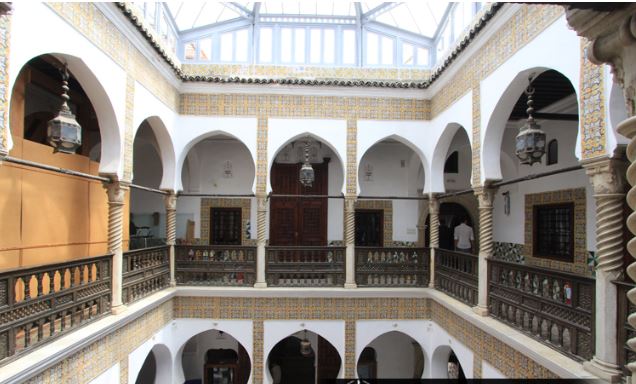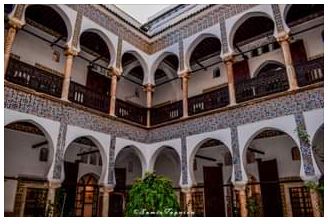مثلت الطرق الصوفية بكل توجهاتها الفكرية والسلوكية المختلفة أهم مكونات المجتمع الجزائري لفترة طويلة من الزمن وجزءا مهما من تاريخه الديني والثقافي والاجتماعي، بل والسياسي أيضا ،ولعبت دورا مهما في الحفاظ على الامن الروحي للجزائريين ووحدة المذهب المالكي، و ربط الجزائر بمرجعيته الإسلامية الوسطية، و محاربة كل التيارات الدخيلة عن المنطقة.
الملامح والمظاهر الحضارية
لا شك أن المجتمعات المنتجة للثقافة هي المهيمنة عالميا بينما الأخرى تبقى مجتمعات فارغة، تعيش فقط في الوهم الثقافي المستورد. وقد عرفت الحياة الثقافية في الجزائر حيوية بمنتوج جد نشيط، حقق مجموعة من الأهداف والمنافع الاجتماعية والفردية، حاول الاستعمار طمس معالمه وتهجين هذا الإرث الثقافي المتميز. ان عدم معرفتنا بتاريخنا الثقافي ومدى عمقه التاريخي، جعلنا نشعر ان كل ثقافتنا جاءتنا من الاخر، وأصبح من اهم مظاهر هذا الجهل هو عدم علمنا بعدد كبير من علماء الجزائر بين القرنين 16 و 19 م في مجال الدين والفقه والادب و العلوم.


